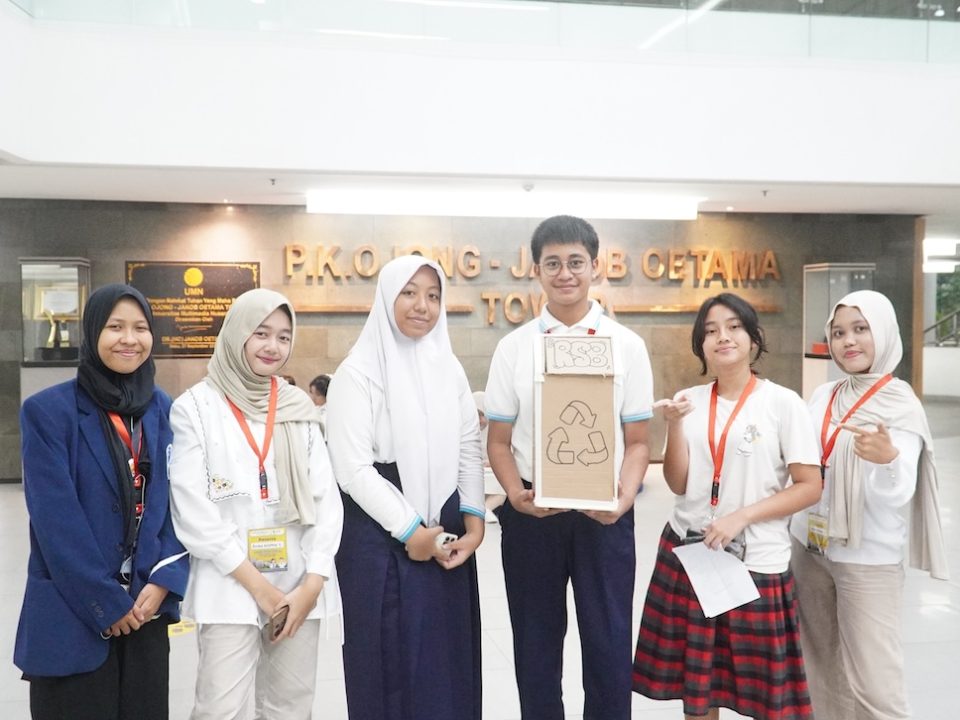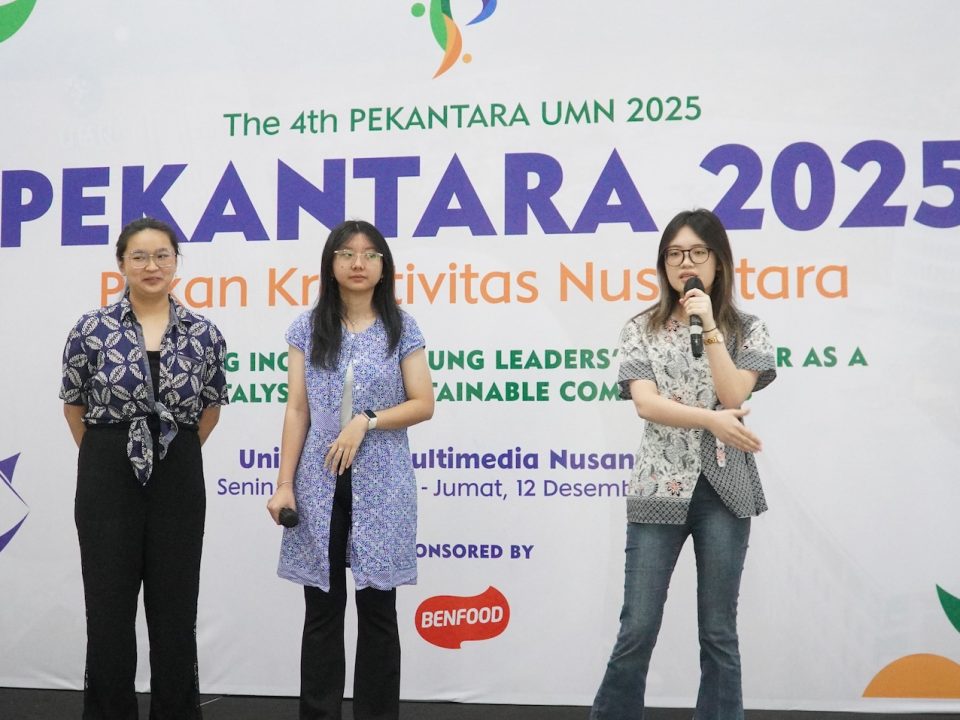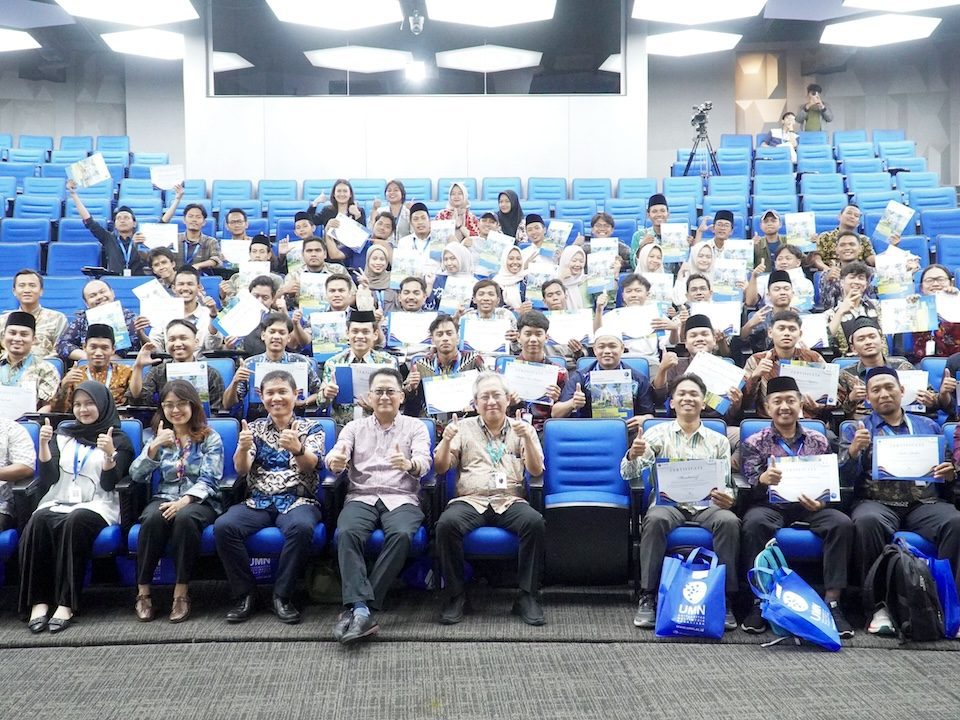
Advancing inclusiveness in Higher Education: Universitas Multimedia Nusantara’s Commitment to Developing more inclusive environment
December 19, 2024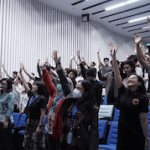
UMN’s Commitment to Gender Equality: Inclusive Access and Empowerment for Women
December 20, 2024
In line with its ongoing commitment to sustainability and clean energy, Universitas Multimedia Nusantara (UMN) actively participates in national and global dialogues on environmental issues. This dedication is reflected not only in campus initiatives but also through the involvement of its academic community in key discussions on sustainable development.
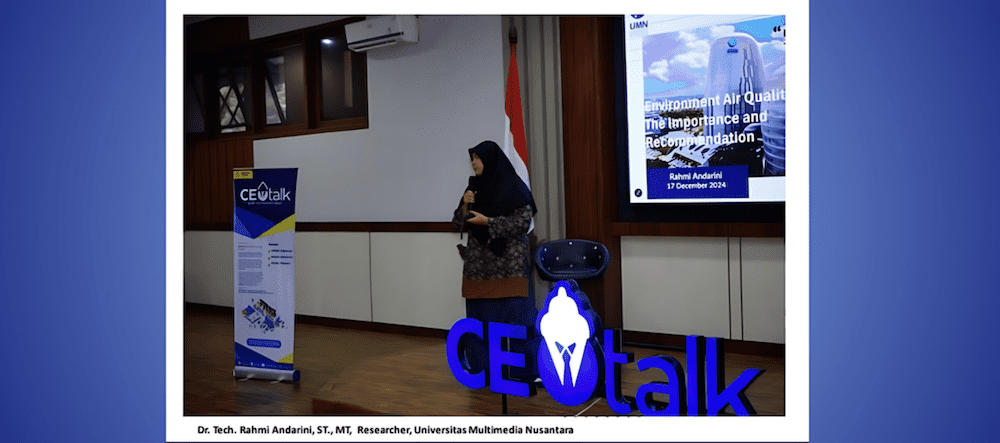
Dr. Rahmi Andarini’s participation as a speaker at the FGD CEO Talk #1 on Zero Emission Energy & Transport (2024) highlights the important role that universities can play in supporting the transition to cleaner energy systems. The event brought together experts and stakeholders to discuss the challenges and opportunities related to adopting zero-emission energy and sustainable transportation solutions, with a particular focus on public transport. Topics such as Renewable Energy Certificates were also explored, helping to deepen understanding of how renewable energy can be integrated into existing systems. By engaging in these public discussions beyond the academic environment, UMN contributes to raising awareness and encouraging wider commitment toward renewable energy adoption. This kind of dialogue is crucial because it not only informs but also inspires businesses, policymakers, and the public to take part in the collective effort to promote energy efficiency and a cleaner future.
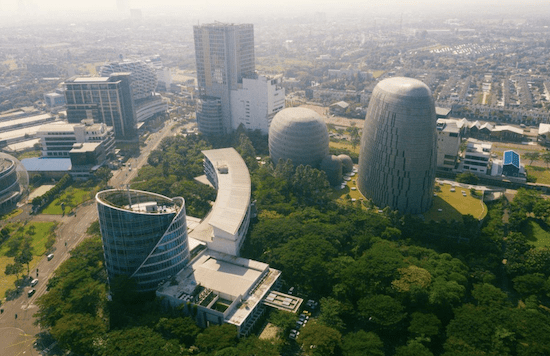
Universitas Multimedia Nusantara (UMN) has set a bold target to become 100% net zero by 2030, demonstrating its strong commitment to sustainability and environmental responsibility. This initiative aligns with Indonesia’s national agenda to advance sustainable development and mitigate environmental impact.
As part of this vision, UMN officially adopted its Green Campus Management Policy on March 30, 2022, marking a significant milestone in its journey toward net-zero emissions. Since then, the university has been integrating energy-efficient systems, sustainable infrastructure planning, and environmentally responsible practices into daily campus operations.
To support this goal, UMN has implemented a comprehensive range of strategies aimed at reducing energy use across all aspects of campus life. These include the installation of energy-efficient lighting and equipment, optimization of HVAC (heating, ventilation, and air conditioning) systems, and the promotion of energy-conscious behavior among students and staff. Simple yet effective actions—such as turning off unused lights, choosing energy-saving devices, and reducing wasteful energy use—are key components of this collective effort.
Beyond its own campus, UMN actively encourages broader community engagement by collaborating with government agencies and non-governmental organizations (NGOs) to promote the transition to 100% renewable energy across sectors.
Looking ahead to 2050, UMN remains committed to advancing its energy efficiency programs through continuous innovation. Future initiatives include expanding the use of renewable energy sources such as solar power, adopting smart energy management technologies, and enhancing green building standards. By setting up a strong example, UMN aspires to not only meet national sustainability targets but also to inspire other institutions to take meaningful action toward a greener future.

